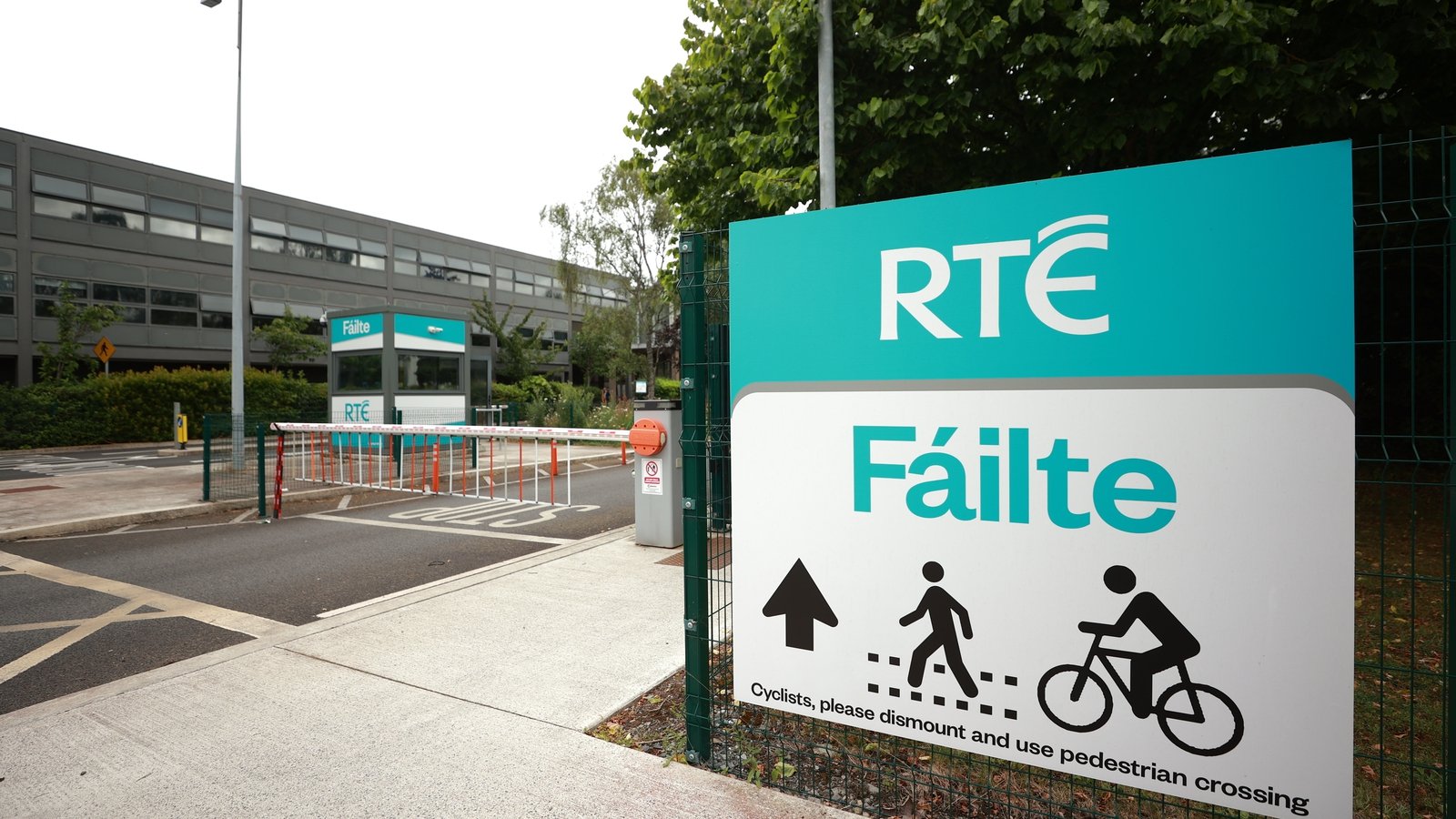Did a tax on children’s shoes really cause a government to fall?

Analysis: Myths can be powerful drivers of narrative and of public perceptions, and contrary to popular belief, the likelihood is that the infamous ‘tax on children’s shoes’ was not the primary reason for the budget’s failure in 1982
In March 2021 a minor spat erupted between elements within the Fine Gael party and the national broadcaster. During the course of an interview on RTÉ’s Morning Ireland, the Minister for Finance, Paschal Donohoe, took (reasonably polite) exception to a presenter’s comment that Fine Gael had a ‘particular history when it comes to children’s shoes’.
Whilst the presenter’s intent remains difficult to decipher, consumers of popular history recognised the reference immediately. A clear allusion was being made to the failed budget of 1982, which brought down that short-lived Fine Gael-Labour administration.
RTÉ’s subsequent decision to apologise to the Minister met with derision on social media, and some concerned commentary from mainstream journalists also.
Concerns were understandable. It is difficult to argue against the view that interviewers are entitled to raise matters relating to a political party’s history or past actions. However, such commentary also highlighted another important fact: that myths can be powerful drivers of narrative, and of public perceptions.
For contrary to popular belief, the likelihood is that the infamous ‘tax on children’s shoes’ was not the primary reason for the budget’s failure in 1982. The Dáil’s rejection was due to a combination of factors, of which VAT on clothing and footwear was possibly the least important.
Indeed, technically, the specific vote that actually brought the Government down was based on opposition to the addition of two pence to the price of a pint of beer!
An appalling economic vista
In mid-1981, Dr. Garret FitzGerald’s first administration was faced with an appalling economic vista. During his 18 months in power, the previous Taoiseach, Charles Haughey, had failed to meet expectations (and his promises) to curb public spending, and return the ailing Irish economy to buoyancy.
Rather, spending actually increased under Haughey’s tenure, as he sought to avoid disgruntling sectional interests prior to the 1981 election – with average public sector pay rising by almost 30% in 1980 alone.
Moreover, Haughey’s administration engaged in some fiscal ‘sleight of hand’ in early 1981, by misrepresenting the forecasts for spending, and announcing an intended reduction in foreign borrowing to 13% of Gross National Product (GNP), but without implementing any retrenchment measures to achieve this.
Consequently, when FitzGerald entered office in June, he was informed by the civil service that the situation was worse than the public realised. State spending was already exceeding the January forecasts, and unless immediate remedial measures were taken, our foreign borrowing requirement would reach 20% of GNP by the year’s end, and could run to 21% for 1982.

An emergency supplementary budget introduced in July by the new Minister for Finance, John Bruton, included additional spending cuts and higher indirect taxes. This stabilised the situation, with borrowing for 1981 ultimately limited to just under 17% of GNP.
Nevertheless, continuing remedial action was required to reduce this to more sustainable levels for the longer term. Consequently, it was evident to all (but the most ideologically blinkered) that the subsequent budget would necessitate another uncomfortable exercise in ‘hairshirt’ economics.
The added problem for the Government, however, was the Dáil arithmetic. FitzGerald’s minority administration was reliant on the votes of independents: two left-wing TDs, Jim Kemmy and Noël Browne, together with the somewhat eccentric Seán ‘Dublin Bay-Rockall’ Loftus.
Herding the cats
In July 1981, both Kemmy and Loftus had voted to support what some described as the ‘toughest’ budget in the state’s history; whilst Browne either abstained, or absented himself from proceedings. However, in January 1982 it became evident that the goodwill of the independents was no longer guaranteed, given the further swingeing cuts and additional taxes that were mooted.
The proposed budget reflected a combination of fiscal retrenchment (an effort to balance the books) and redistribution so as to improve the lot of the less well off.
Social welfare payments were increased by 25%, direct child benefit was raised (to offset a decrease in tax allowances for parents, which disproportionally benefited higher earners), and spouses working at home (primarily women) could apply for a £500 tax credit, based on their partner’s income, but paid directly to the homemaker.
However, it was to be the ‘retrenchment’ side of the ledger that disturbed the socialist TD, Jim Kemmy. Whilst he accepted that positive ‘redistributive’ elements had to be funded by spending cuts and tax increases elsewhere, he argued that this should be achieved by a higher levy on the banking industry, together with increased taxation of higher earners.
We need your consent to load this rte-player contentWe use rte-player to manage extra content that can set cookies on your device and collect data about your activity. Please review their details and accept them to load the content.Manage Preferences
From RTÉ Archives Video, in 1981 Dublin city centre was busy for a Monday as shoppers tried to avoid the various VAT increases due to be introduced the following day.
Additionally, Kemmy made his support contingent on the maintenance of food subsidies, with no increase in the lower rate of VAT.
In an overly optimistic interpretation of Kemmy’s redlines, the Government opted to continue food subsidies, but with reductions on some products, and raised the lower VAT rate by 3% – in the hope that Kemmy would find this compromise acceptable.
Additionally, it also proposed extending VAT to clothing and footwear more generally, to further bridge the shortfall.
Reactions
Following Bruton’s speech announcing the measures on 27th January, the Independents met with FitzGerald to discuss their views. For his part, the ‘Lion of the Left’, Noël Browne, saw the overall merits of the government’s approach, and supported the budget.
Loftus feared the extension of VAT to clothing and footwear would destroy native industries, and instead sought a further tax on imported goods. Kemmy outlined his deep disappointment at the cuts in food subsidies, together with the failure to introduce steeper increases in capital taxation.
Importantly, the issue of extending VAT to ‘children’s shoes’ specifically was not raised, either by Kemmy or the other Independents – nor was it laboured upon by the Fianna Fáil opposition prior to the votes on the budget itself.
Attempts by FitzGerald (and by Browne) to convince Kemmy to adopt a holistic view proved fruitless. When the first vote was taken (on raising the price of beer), both Loftus and Kemmy joined Fianna Fáil in the opposition lobby, resulting in the measure’s defeat by 82 votes to 81.
Recognising the inevitable (as defeats on the more contentious issues were now guaranteed), FitzGerald announced his decision to dissolve the Dáil. The subsequent general election saw Haughey return to power at the head of the short-lived ‘GUBU Government’ – the most dysfunctional, scandal prone, and unlucky administration in the state’s history.
We need your consent to load this rte-player contentWe use rte-player to manage extra content that can set cookies on your device and collect data about your activity. Please review their details and accept them to load the content.Manage Preferences
On Radio 1’s The History Show, GUBU is certainly the word of the weekend: it’s on the cover of two of today’s Sunday newspapers: yet there’s a whole generation in the country for whom the term’s origin is probably a bit vague. Irish Times journalist and Haughey biographer, Peter Murtagh, is here to give us a quick refresher course
Constructing a Myth
It is arguable that popular misconceptions relating to this government’s fall were due to the utterances of the Taoiseach himself. In a post-Budget interview, FitzGerald was asked why the Government had not considered exempting children’s clothes and shoes from the proposed VAT extension.
The decision had been based on perceived financial realities, and a desire to increase revenue. However, in an effort to inject a little humour into the situation, FitzGerald referred to advice from civil servants indicating that such an exemption would be unfair to children with large feet, who had to buy adult shoes carrying the tax.
Additionally, it would unfairly advantage women with small feet, who would be able to avail of such an exemption by purchasing children’s shoes.
Whether or not the political correspondents understood that FitzGerald was joking, we cannot be sure, but their decision to report his comments led to the widespread belief that the Taoiseach was fixated on preventing women with small feet from evading a ‘shoe tax’.
Ultimately, it contributed to the ongoing belief that ‘children’s shoes’ was the primary – or the ‘sole’ (pardon the pun) – reason for the collapse of his government. How easily myths are born.
The views expressed here are those of the author and do not represent or reflect the views of RTÉ





